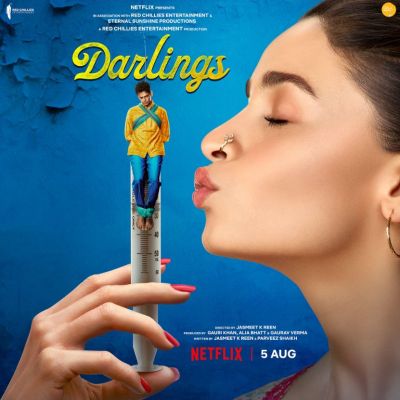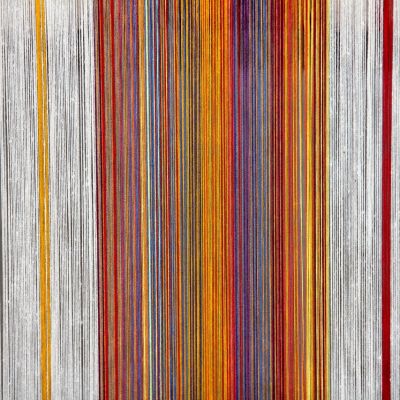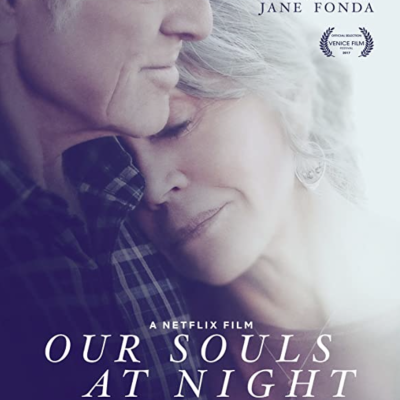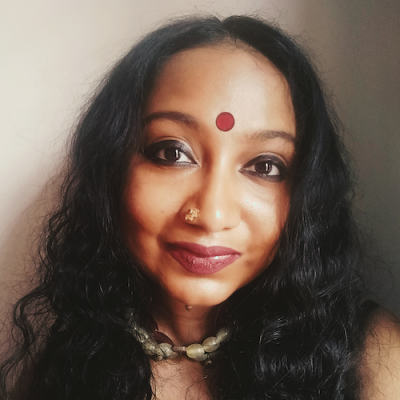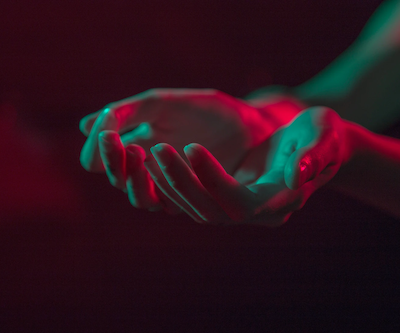singlehood
Growing up, for me, has been about accepting that the loneliness and sadness woven into the fabric of my being do not go away with entering conventional arrangements like monogamous relationships or marriage.
You see, you are being pushed and pulled in all directions because people around you, whether family, friends or the larger society, expect you to behave in a particular fashion and stick to existing norms. However, your inner voice is telling you to challenge these norms and follow your own path.
Coupledom may or may not be for everyone, and does not mean the same thing to everyone. Importantly, coupledom does not hold the same value or position in our lives, even in the lives of the individuals perceived to be parts of a couple structure.
The desire for intimacy might rob one of the intimacy that one shares with oneself and thus, being with the beloved can leave one feeling even lonelier because of the continuing struggle for validation and comfort.
I realised that we are constantly thinking about the future and our life as we age, and are afraid of facing the world alone. The uncertainty of future events, of which there are many combinations, makes us feel insecure and vulnerable.
In this issue of In Plainspeak our contributors reflect on and reveal the myriad facets of being single – is it a choice? A condition? A state of being? Lonely? Joyful? Not one or the other, but a glorious mix?
The only hitch was that neither the agents nor the landlords who lurked behind those rentable flats were particularly keen on leasing their precious properties to a – what! Divorcee??!! No, no, madam, but this flat is only for families.
Emma Watson spoke to British Vogue about the incredible amounts of stress and anxiety that follows, “…if you have not built a home, if you do not have a husband, if you do not have a baby, and you are turning 30, and you’re not in some incredibly secure, stable place in your career, or you’re still figuring things out…”
By the end of the evening, the room was suffused with the celebration of singlehood, rather than any explanation or apology for it. It appeared that the solitary life was envied and extolled by those who have opted out of it as well as many who haven’t.
If you are true to yourself, and attuned to your emotions and needs, you’ll invariably find that even a core belief (such as: not believing in the institution of marriage) is complicated by what the lived experience of that means (not only discriminatory experiences, but also intimate ones).
What I am proposing here is to look at being in a relationship and being single together because what is important here is the idea of ‘be-ing’ as opposed to the stereotypes and perceptions attached to our relationship with ‘the One’ or to singlehood.
Growing up, for me, has been about accepting that the loneliness and sadness woven into the fabric of my being do not go away with entering conventional arrangements like monogamous relationships or marriage.
For a queer person, or for someone who remains single by choice, everyday existence requires strength and will. That is the embodiment of kun faya kun as a personal philosophy: to manifest the person you want to be through sheer will.
I believe that queer friendships and intimacies are sheer resistance, which not only swallow the despair and pain that might be perpetrated on gender-nonconforming people by their families, but also recognise all the lies about love that have been sold to us.



